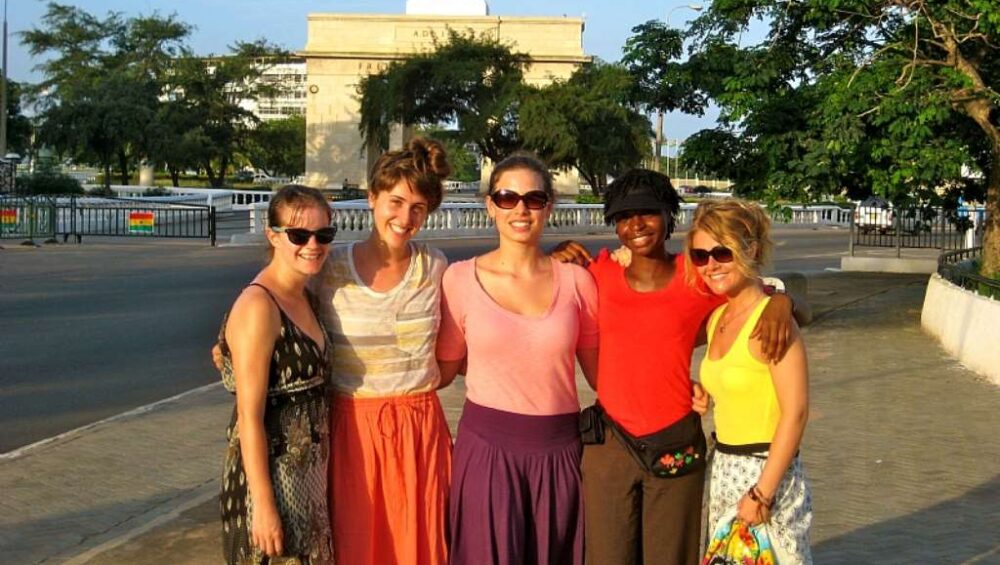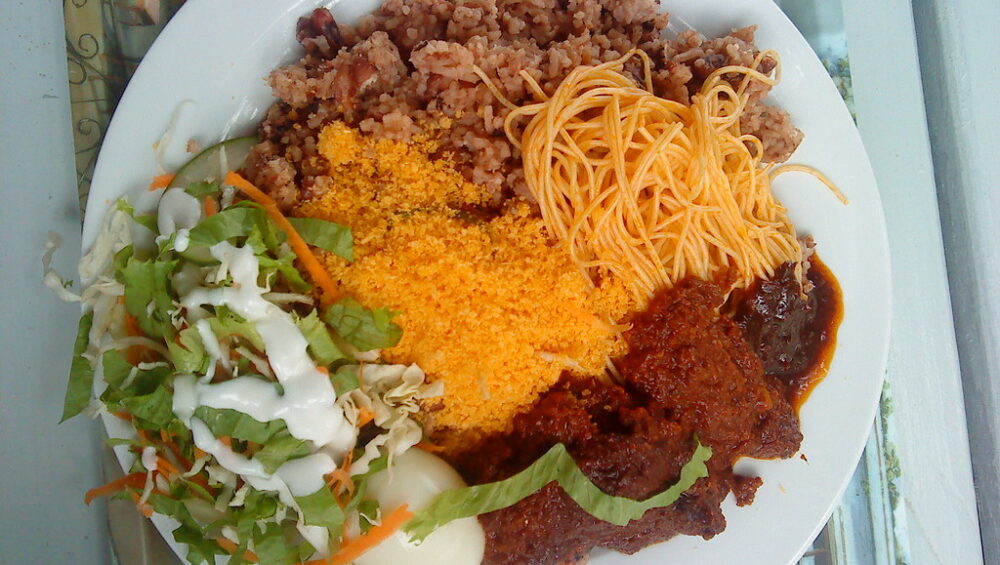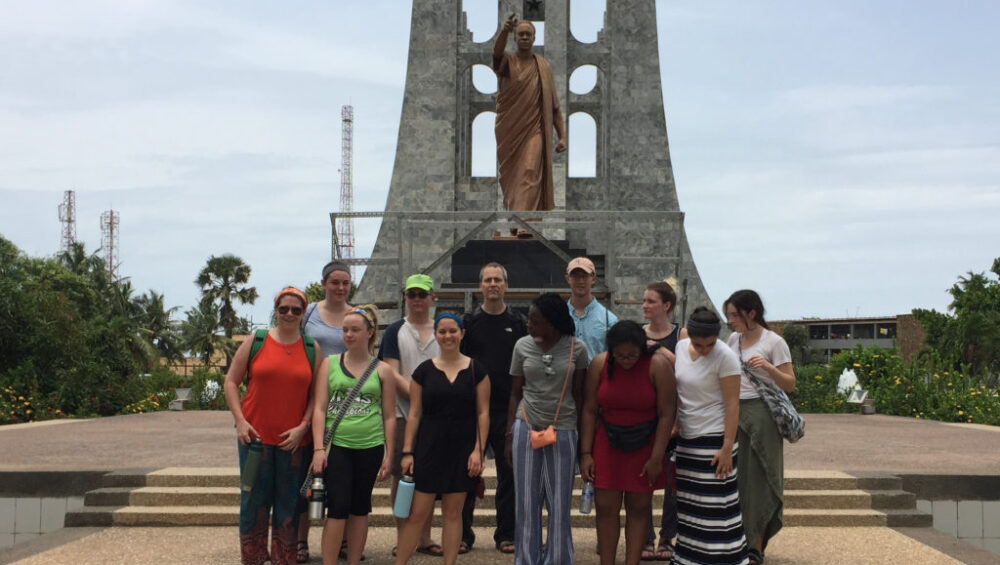Traveling to Ghana during Covid-19: What you need to know before you go
If you’re planning to travel to Ghana, here’s what you’ll need to know and expect if you want to visit during the global coronavirus pandemic.

If you’re planning to travel to Ghana, here’s what you’ll need to know and expect if you want to visit during the global coronavirus pandemic.


Touring in Ghana can be expensive or cheap depending on your plan or budget for your trip. For a tourist to tour on a low budget, the tourist needs to consider their accommodation, meals and how much they want to spend on transportation.
Spending on a low budget helps tourists save enough money to do other things like book an extra tour, buying souvenirs at tourist sites and involving themselves in other tour activities. Tourists can make their tour operators aware of their budget when booking a tour so that they can help them book based on their budget and what they can afford.
To tour on a low budget, you should consider booking your accommodations in hostels, motels, airbnbs or other cheap hotels. Accra has many of these types of accommodations you can look out for. You can visit TripAdvisor or Booking.com for great recommendations on some cheap accommodations you can consider.
To save money on transportation, you can opt to use the infamous commercial buses in Ghana called ‘Trotro’. They are very cheap even though it can sometimes be a hustle getting from one place to another. If you are looking to travel in more comfort, you can try Uber, Bolt or Yango which are relatively cheaper than taxis. If you ever decide to use taxis, make sure you have your bargaining cap on to get the best price for your trip.
For meals, you can try local chop bars or even some street foods which are very popular among locals in Ghana because they are cheaper and sometimes tastier. There are also a few restaurants like Chop Shop and Dimaensa which serve local dishes at affordable prices.
It is important for tourists to spend on a low budget, especially if it is their first time in the country they are visiting. You can always ask your tour guide for other recommendations that would suit your budget.
Source: https://protour.africa

For some people, packing is part of their holiday experience, a fun exercise that builds anticipation about their upcoming trip. For other travelers, overseas packing is the bane of their existence. They dread it so much that they put off packing until the very last minute, which often leads to chaos, over-packed bags and forgotten items. “Pack wisely before traveling”